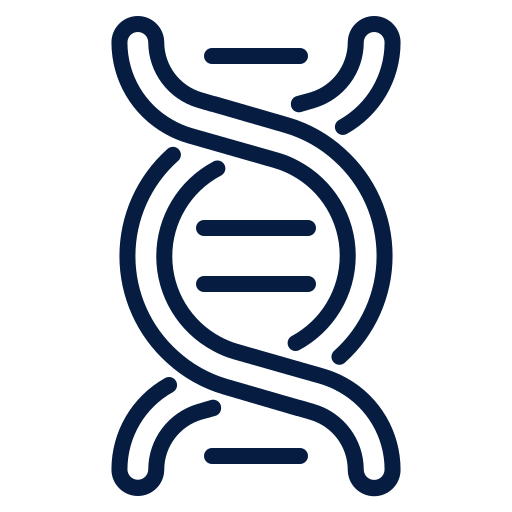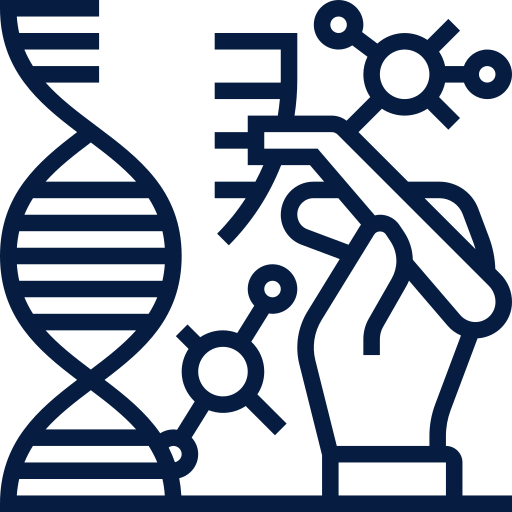What is Preimplantation Genetic Testing (PGT)
Preimplantation Genetic Testing is one of the most crucial steps of in Vitro Fertilization (IVF) treatment or Intracytoplasmic Sperm Injection (ICSI) for women having trouble getting pregnant. Prior to PGT, a small number of cells are taken from embryos for testing and examining genetic abnormalities
by using the process called ‘Next Generation Sequencing’ (NGS) or the advanced and extremely precise method called “Karyomapping” to help reduce miscarriage rates yet boost pregnancy and live bitth rates.
PGT-A
Preimplantation Genetic Test for Aneuploidy
This type of testing can be used for examining genetic abnormalities by counting 46 chromosomes to look for extra or missing chromosomes leading to many deficiencies and diseases. The PGT-A result will usually come out within 2 ~ 4 weeks.
PGT-SR
The testing is used for examining abnormalities in a balanced chromosome structure rearrangement. Any change in chromosome structure can result in birth defects. The PGT-SR testing result will usually come up within 2 ~ 4 weeks.
PGT-M
The testing is used for helping individuals or couples reduce their risk to have a child with a know inherited disorder. Up to 45 days are required for the PGT-M result.
Benefits
Increase the chance of pregnancy.
Decrease miscarriage rates.
Increase the chance that a health baby is born.
Reduces the number of IVF cycles needed to achieve pregnancy, potentially reducing the time and costs of extra cycles.
Enables confident single embryo transfer, avoiding health complications associated with twin or triplet pregnancies
Who should have Preimplantation Genetic Testing
before doing IVF or ICSI?

Women aged 35 years or more as they will have a higher risk of giving birth to the baby having chromosome abnormalities.

Married couples giving birth to the baby having chromosome abnormalities.

Married couples having more than two miscarriages before the 12th weeks of pregnancy.

Married couples having a background of inherited genetic disorders.

Married couples undergoing IVF, but the treatment does not work.

Married couples with serious sickness/ disordered child who need compatible stem cells to be tranplanted for treatment.
How does it work?
- Embryos with the correct number of chromosomes are called enploid.
- Embryos with extra or missing chromosomes or pieces of chromosomes are called aneuploid.
- Aneuploid embryos are significantly more likely to fail to implant, result in miscarriage, or lead to the birth of a child with a genetic diseases.
- Euploid embryos are much more likely to lead to a healthy pregnancy.
Types of genetic disorders
Most Common Genetic Disorders
- Down syndrome
- Edwards syndrome
- Cri-du-chat syndrome/ Cat cry syndrome
- Turner syndrome
- Patau syndrome
- Recurrent pregnancy loss
Most Common Genetic Disorders
- Thalassemia
- Hemophilia
- Polycystic kidney disease
- Sickle cell disease
- Cystic fibrosis
- Spinal muscular atrophy
- Huntington's diseases
- Color blindness


